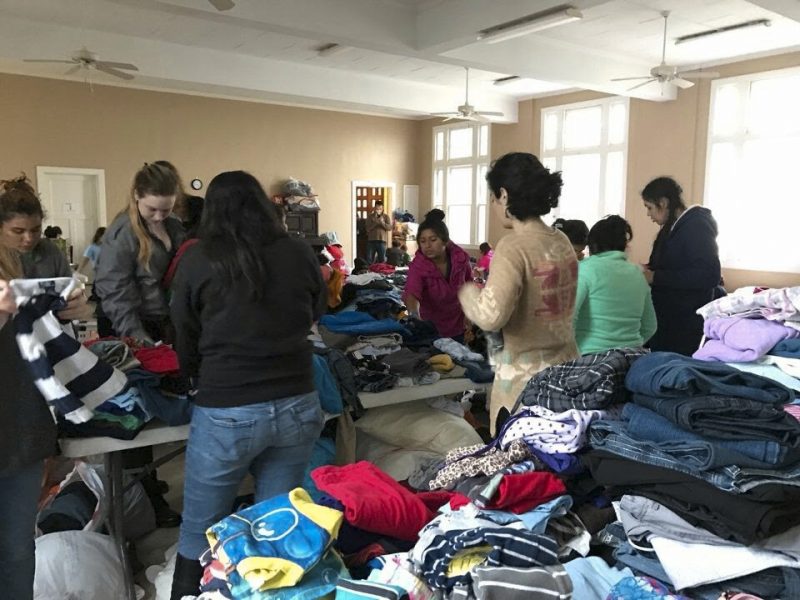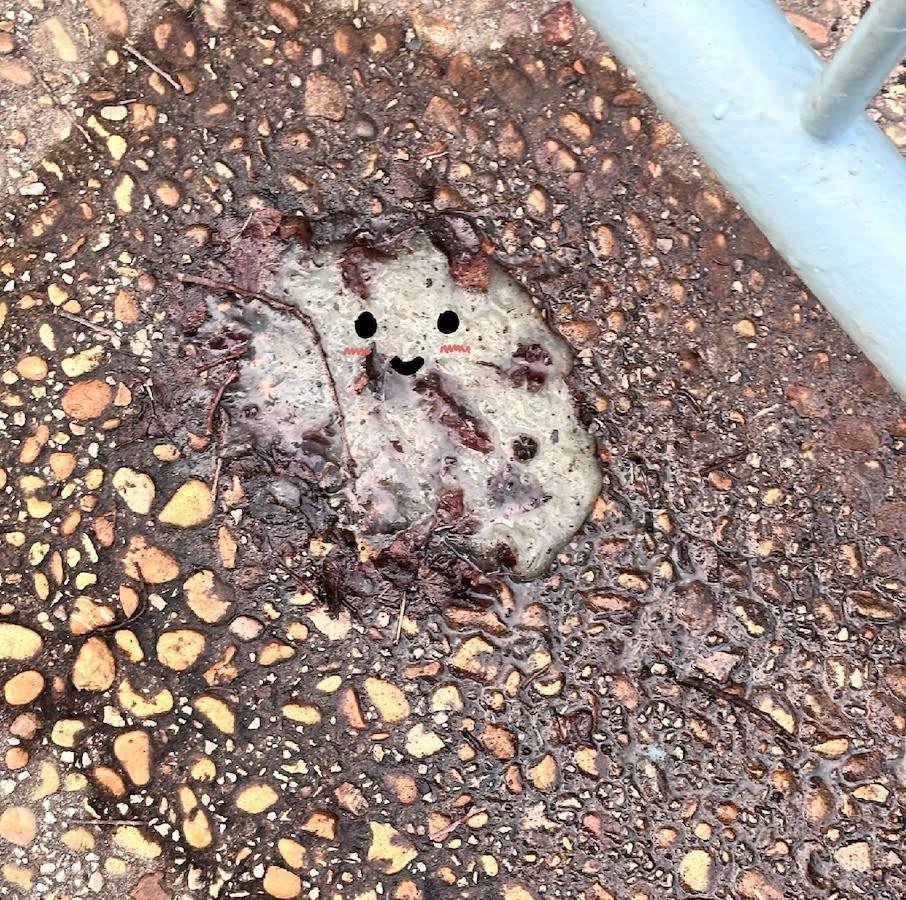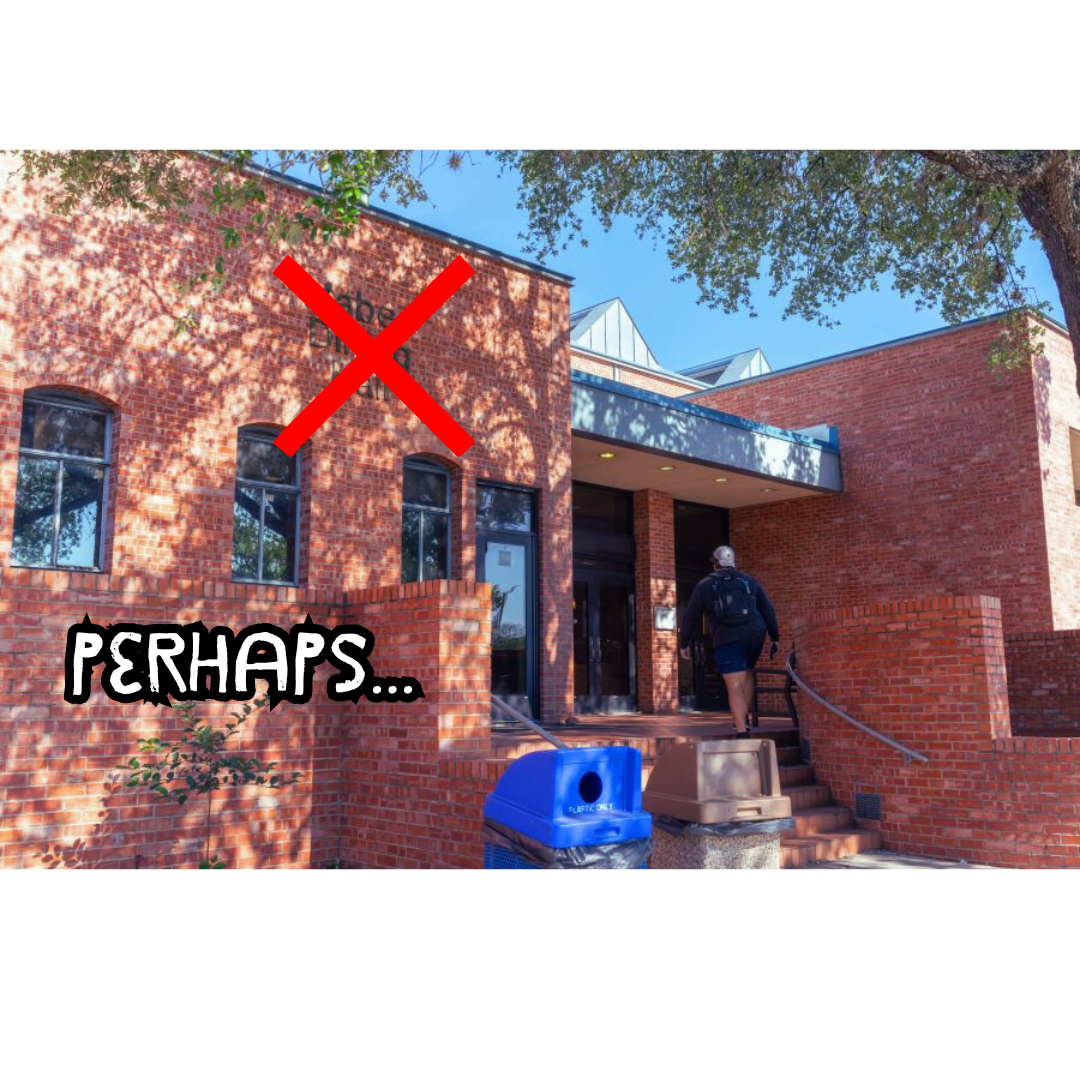Have you been genuinely worried about whether you would be able to stay in the same country as your family? Have you ever thought about what it would be like if you had to move to a new place where you had no idea how to even call the police? Hopefully not, but the members of the International Humanitarian Crisis Initiative interact with people for whom these worries are a daily reality.
The International Humanitarian Crisis Initiative (IHCI) is an organization that Yara Samman and Anthoula Christodoulou, then a junior and senior respectively, formed in spring 2016. The group assembles and organizes volunteers who then help refugees in the San Antonio community.
The group began with a focus on Syrian refugees.
“The Syrian refugee crisis was very prevalent on the news, and I’m from Syria, so that really touched me a lot,” Samman said. “So we talked about having a fundraiser to help out, especially through the Red Cross, people who had fled to Cypress from Syria. Then, as things moved along we realized that it would be even better to start an organization and start using campus resources to either fundraise or to raise awareness.”
The organization began to expand, adding members like then-first-year Aubrey Parke and then-sophomore Daniela Montufar-Soria, who helped get the project off the ground.
From the initial focus on Syrian refugees, IHCI expanded its interests to become involved with Refugee and Immigrant Center for Education and legal Services (RAICES). Through RAICES, the club became involved with many projects and volunteer opportunities that directly support refugees and immigrants. Samman explained the reason for this shift.
“We realized that … the refugee crisis isn’t just Syrian citizens, but it extends to a lot of refugees that are coming in from Latin America to the U.S., and that’s also very close to home, because we live in San Antonio. So, we decided to split our work into two parts: One, work locally with refugees here because we didn’t know any Syrian refugees yet, and secondly, doing fundraisers for Syrian refugees,” Samman said.
Parke, the volunteer coordinator for IHCI, described two of the ways that volunteers can help the people that RAICES supports: Being a bus station volunteer and accompanying immigrants to Immigration and Customs Enforcement (ICE) appointments and court dates as a witness for them.
The first of these opportunities, being a bus station volunteer, does necessitate a proficiency in Spanish, Parke explained.
“The asylum seekers are mainly coming from Central America, so there need to be volunteers who can explain the asylum process in Spanish,” Parke said.
However, the other way that people can volunteer doesn’t require any proficiency in Spanish at all. The accompaniment process is a way that RAICES tries to ensure that immigrants are being treated fairly by ICE; by sending someone else along with an immigrant to an ICE check-in appointment or court date, RAICES can try to ensure some transparency and accountability in the ICE proceedings.
“The ICE office can be a really threatening place, especially in the current immigration climate, because it makes people vulnerable,” Parke said. “It sort of targets them, as immigrants with a questionable status, and so RAICES likes sending people to accompany them to those appointments. … Just having your presence there as a witness is a lot of accountability for the agency, and that’s a big deal because ICE especially doesn’t have a lot of transparency as an organization.”
Right now, Parke is trying to get RAICES on campus to conduct a training for volunteers, but she needs to prove that enough people are interested in being trained.
There already is, however, a different joint RAICES and IHCI event coming up soon. The U.S. government requires refugees to attend a resettlement workshop before they are integrated into society, and because RAICES recently was licensed as a refugee resettlement agency, they now have to run these workshops. IHCI decided to help them out by shouldering some of this workload.
Claire Nakayama, the project lead for refugee workshops, explained that IHCI is joining forces with a couple other student organizations on campus to conduct these workshops, the Global Health Initiative (GHI) and Alpha Kappa Psi (AKPsi), the professional business fraternity. Together, the three clubs will cover topics such as health, hygiene, finance and cultural knowledge.
“Obviously GHI will handle the health side of things, and then on the other hand AKPsi will handle finances, things like how to pay your rent — because [the refugees] are given apartments and after the 90-day period after they arrive here, then they’re kind of left out on their own,” Nakayama said. “So this workshop kind of gives them a little bit of information that will help them afterwards. And then IHCI is handling the rest — things like adjusting to culture, even little things like calling 911.”
IHCI is also involved with other volunteer projects throughout the community, such as tutoring students for whom English is a second language at Jackson Keller Elementary school.
Even if none of the projects that IHCI coordinates sounds appealing, Parke encourages students to get involved in some capacity.
“When you volunteer you get a really unique opportunity to get a window into what people are experiencing, so if you’re not yourself a part of a sensitive population, then it’s a chance to experience it anyway. I think that teaches you a lot,” Parke said.
Anyone interested in any of the opportunities mentioned above should contact Aubrey Parke at aparke@trinity.edu.








